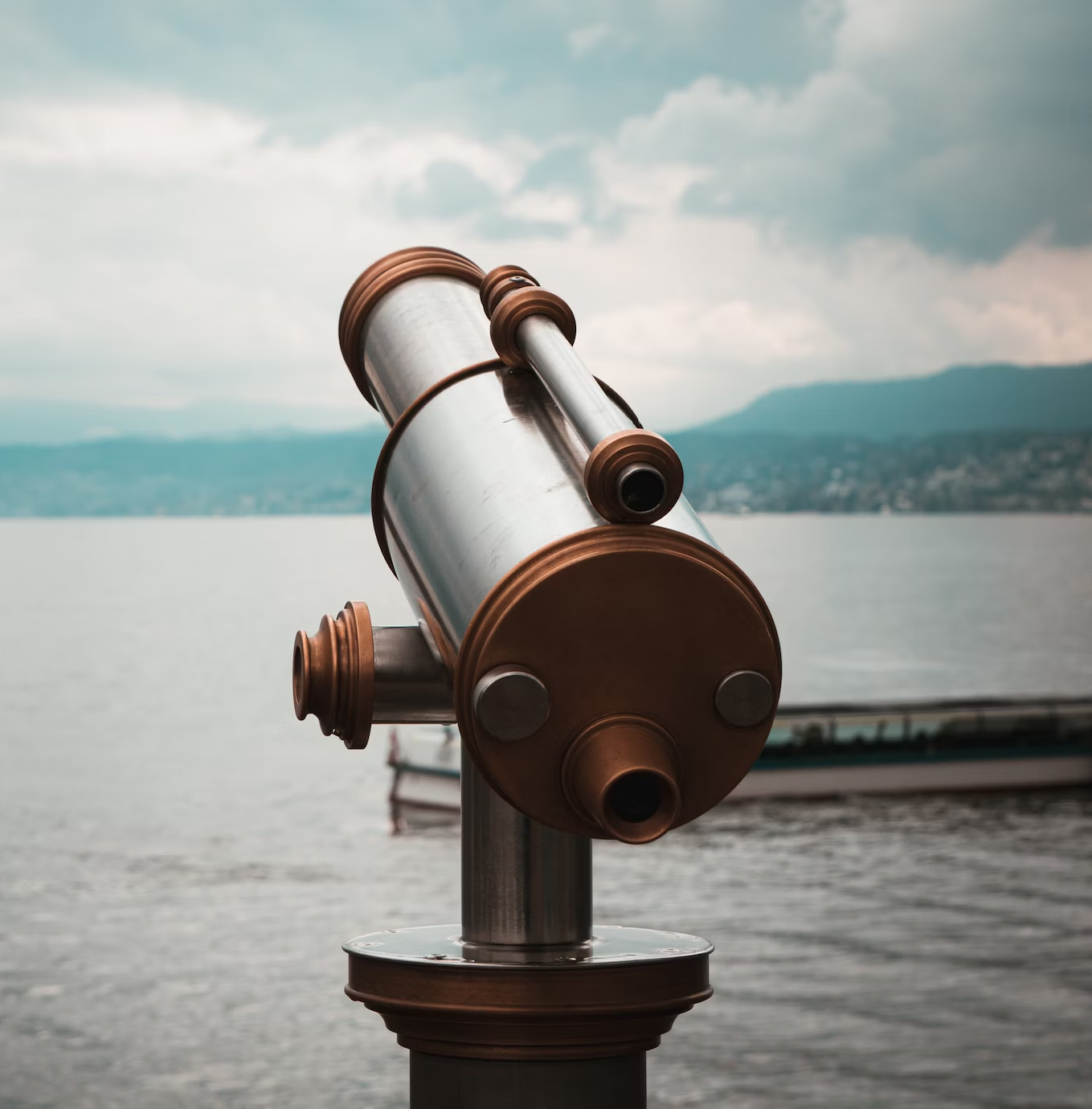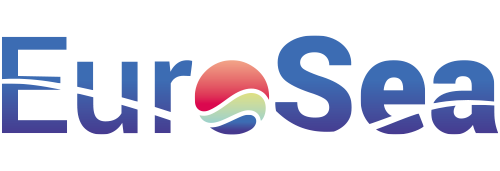
Description
The vastness and complexity of the world’s oceans demand cutting-edge approaches to study and understand them. Multi-platform experiments provide a comprehensive means of collecting data from various perspectives, while Observing System Simulation Experiments (OSSEs) allow scientists to evaluate potential future observation systems. Training oceanographic scientists in these advanced methodologies ensures that research is both holistic and future-focused, facilitating deeper insights into the marine ecosystem and its intricate dynamics.
Impact During the Project
Enhanced Data Collection and Analysis:
Traditional State: Oceanographic studies in the past may have relied predominantly on singular platforms or methods, potentially offering a limited view of ocean dynamics.
Advancement: By training scientists in multi-platform experiments, research can draw from diverse data sources, resulting in a more comprehensive understanding of the marine environment and its multifarious phenomena.
Optimized Future Observing Systems:
Traditional State: Before the introduction of OSSEs, the design and deployment of new observing systems were often based on experience and intuition without rigorous simulation-based evaluation.
Advancement: Training in OSSEs empowers scientists to simulate and evaluate the performance of potential future observing systems. This ensures that investments in new systems are data-driven, optimized for performance, and designed to fill critical observational gaps.
Impact Post Project
Informative Marine Policy Formulation:
Traditional State: Policies and conservation strategies might have been based on limited or fragmented ocean data, leading to potential gaps in marine protection and resource management.
Advancement: As scientists employ multi-platform experiments and OSSEs, policymakers will have access to richer, more comprehensive data. This aids in the formulation of more effective marine policies, ensuring the sustainable and protective management of marine ecosystems.
Boost in International Collaboration:
Traditional State: Oceanographic research, being vast in scope, sometimes saw isolated efforts with limited synchronization between international research communities.
Advancement: The standardization introduced by training in multi-platform experiments and OSSEs can foster increased international collaboration. Common methodologies pave the way for shared data, joint research projects, and collaborative innovations in marine science.
Advancement over and above State of the Art
The initiation of training in multi-platform experiments and OSSEs marks a significant leap in oceanographic research methodologies. Not only does it allow for a panoramic view of marine dynamics, but it also sets the stage for future innovations in observational systems. By equipping scientists with these advanced skills, the oceanographic community is poised to uncover deeper truths about the oceans, leading to better conservation strategies, informed policy-making, and heightened international collaboration. This forward-thinking approach is setting a new benchmark in oceanographic research, ensuring that our understanding of the oceans is as vast and deep as the oceans themselves.
Links and References
Link to D2.1 – Design of OOOEs: https://eurosea.eu/download/eurosea_d2-1_design_osses/?wpdmdl=5512&refresh=650197c4a43901694603204
Link to D2.3 – OSSE Analysis: https://eurosea.eu/download/eurosea_d2-3_analysis_of_the_osses_revised_resubmitted/?wpdmdl=5516&refresh=650197c4f00b31694603204
